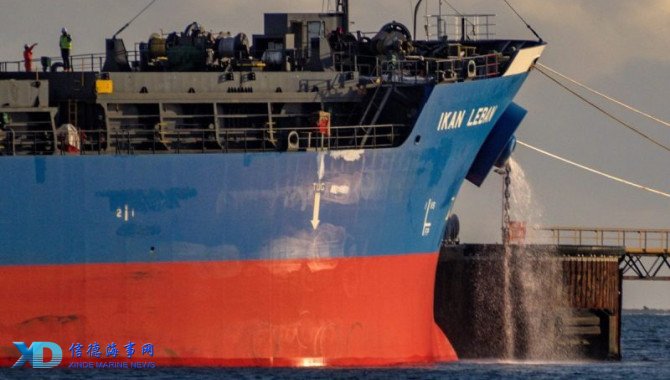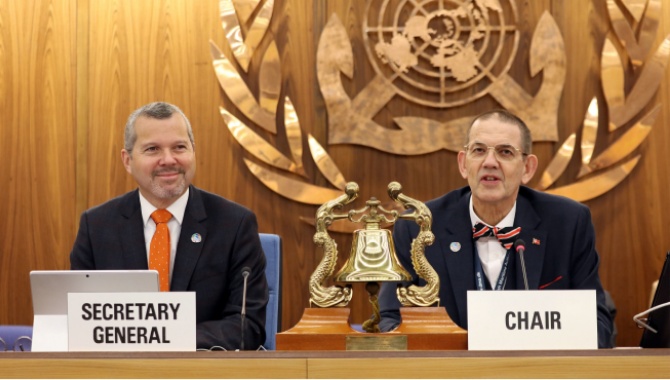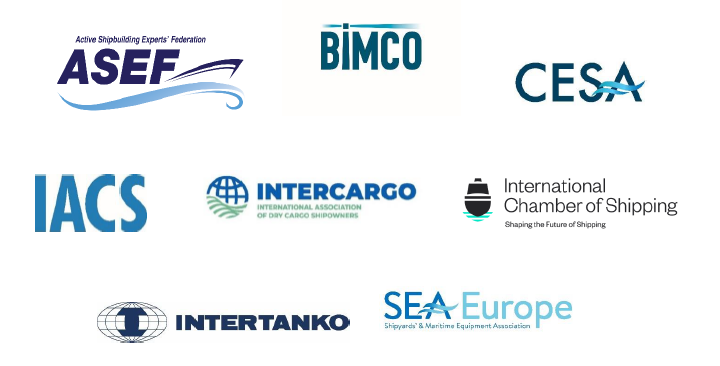
In order to prevent harmful aquatic organisms and pathogens introduced by ships' ballast water and sediments from causing pollution and damage to the ecological environment, human health, resources and property of Chinese waters, China officially acceded the International Convention on the Control and Management of Ballast Water and Sediments on Ships,2004 in year 2018. Measures for supervision and management of ship ballast water and sediment has been published by China MSA to implement the ballast water convention, which has already come into force from Jan 22th, 2019. To help ship owners and operators understand and comply with this new regulation, we have prepared this circular to introduce the main contents of the requirements
Applicable objects
These Measures apply to ocean-going vessels which are sailing, berthing and operating in waters under Chinese jurisdiction.
General Provisions
Vessels shall be equipped with relevant certificate documents as below:
(1)International Ballast Water Management Certificate issued by the competent authority or its authorized ship inspection institution;
(2)Ballast Water Management Plan, which shall conform to the actual operation of the ship and be issued by the competent authority or its authorized ship inspection institution;
(3)The Ballast Water Record Book , which shall include at least the time, latitude and longitude of the operation of ballast water and the types of operation of ballast water;
(4)Vessels installed ballast water management systems shall also hold copies of the Ballast Water Management System Type Accreditation Certificate;
(5)Other relevant documents/certificates
Ballast Water and Sediment Management of Ships
Vessels requiring replacement of ballast water in accordance with the requirements of the Convention shall carry out replacement of ballast water in waters at least 200 nautical miles from the nearest land and at least 200 metres in water depth; if the voyage is less than 200 nautical miles, replacement may be carried out in waters at least 50 nautical miles from the nearest land and at least 200 metres in water depth, unless our country has alternative agreement with the relevant neighboring country.
The contents of surviving aquatic organisms in ballast water discharged from vessels requiring treatment of ballast water in accordance with the requirements of the Convention shall meet the following requirements:
(1)There are less than 10 living aquatic organisms with a minimum size greater than or equal to 50 microns per cubic meter of water;
(2)There are less than 10 living aquatic organisms with a minimum size of less than 50 microns per milliliter of water and larger than or equal to 10 microns;
(3)Vibrio cholerae is less than one colony-forming unit per 100 ml; Escherichia coli is less than 250 colony-forming units per 100 ml; and Enterococcus is less than 100 colony-forming units per 100 ml.
The senior crew responsible for ballast water and sediment management shall complete the records and sign them in the Ballast Water Record book, and the captain shall sign each page after completion. Records in the Ballast Water Record book shall be filled out in the working language of the ship. If the language is not English, French or Spanish, each record shall be translated into one of above languages. The ship shall keep the used Ballast Water Record book on board for two years, and then for three years in the company to which it belongs.
Vessels which discharge ballast water shall report to the local MSA 12 hours in advance. After berthing, the vessel or its agent shall submit the Ballast Water Report Form to the local MSA when handling the declaration of the import port of an international voyage vessel. The report form may be submitted in writing or in the form of electronic data upload as required by MSA
Where ballast water and sediments are discharged without treatment or are not up to the standard, vessels shall submit them to units with receiving and processing capacity for receiving and processing. The receiving and processing unit shall issue a ballast water or sediment receiving document to the ship. After the completion of the receiving operation (confirmed by captain’s signature), vessels shall keep the receiving documents together with the Ballast Water Record Book. Receiving and treating ballast water and sediments shall not cause secondary pollution to the ecological environment of the waters.
Exemption from Ballast Water and Sediment Management
In any of the following circumstances, a vessel or its agent may apply to the local MSA for exemption from ballast water and sediment management:
(1)Vessels sailing only in mutually exempt waters for ballast water management designated by China and other countries;
(2)Vessels sailing only in waters under our jurisdiction and on high seas;
(3)Vessels using only drinking water as ballast water;
(4)Unmanned barges;
(5)Specialized vessels for search, rescue and removal of pollutants from vessels.
If a vessel or its agent applies for exemption from ballast water and sediment management, the following documents shall be submitted:
(1)Copies of the Ship Nationality Certificate and the Ship Registration Certificate (applicable to foreign vessels);
(2)Declaration of ballast water and sediment management cannot be implemented in accordance with the Convention;
(3)Measures taken to minimize the introduction of harmful aquatic organisms and pathogens into ballast water and sediments;
(4)The captain's declaration undertaking to sail only in exempted waters.
The directly affiliated MSA shall issue a certificate of exemption to vessels that meet the exemption requirements and may grant a maximum exemption period of not more than five years. Between the second and third year of the exemption period, the directly affiliated MSA shall conduct a mid-term inspection of these exemption vessels.
As far as we are concerned, local MSA in each Chinese port will supervise and inspect the management of ballast water and sediments of ships entering the waters under its jurisdiction since January 22th, 2019, including certificate documents, crew's familiarity with ballast water management operations, the operation of ballast water management systems and the reception and disposal of ballast water/sediments. Measures for supervision and management of ship ballast water and sediment is the general guidance published by China MSA, while local MSA may have local ballast water regulation guidelines as well as sampling/testing procedures, so that owner are recommended to double check with their local agents in due time to obtain the latest update on local requirements before Chinese port call. Owners are also reminded to ensure satisfaction of relevant requirements mentioned in this Measure and International Ballast Water Convention to avoid any penalty or problems.
Source:HUATAI
Please Contact Us at:






